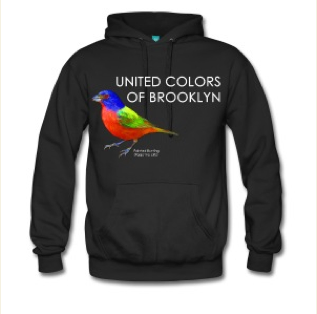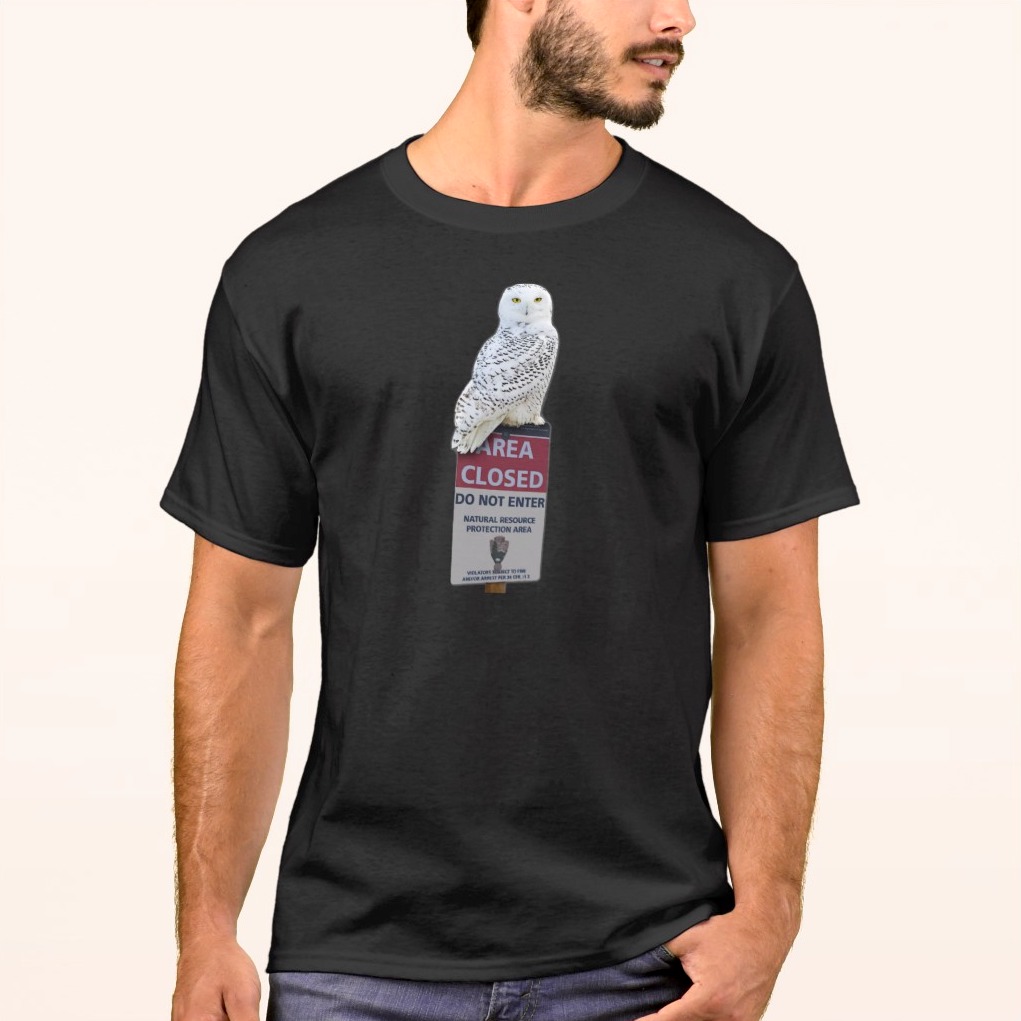Treehugger Tuesday
World Lion Day - August 10th
The killing of beloved Lion "Cecil" has created a lot of outrage across the globe. Perhaps people can channel some of that anger into supporting one (or more) of the following conservation organizations:
National Geographic: Big Cats Initiative
National Geographic – with filmmakers, conservationists, and Explorers-in-Residence Dereck and Beverly Joubert – launched the Big Cats Initiative, a comprehensive program that supports hands-on conservation and education projects combined with the Cause an Uproar global public-awareness campaign in support of lions, tigers, cheetahs, leopards, jaguars, and other top felines. Get involved: National Geographic: Big Cats Initiative
Panthera: Project Leonardo
This group has collected some of the world’s leading wild cat experts to direct and implement effective conservation strategies for lions, cheetahs, leopards, tigers, jaguars and snow leopards. Their approach to wild cat conservation is science-backed and based on years of in-the-field experience. The group is a leader in programs to care for critical habitats and core populations connected by genetic and biological corridors, relieving the threats of habitat loss and conversion, human-lion conflict, bushmeat poaching and excessive trophy hunting. Get involved: Panthera: Project Leonardo
International Fund for Animal Welfare
This long-established group works to help threatened animals in more than 40 countries around the world. Along with animal rescue and cruelty prevention, they advocate for the protection of wildlife and habitats. The group is also working towards helping to ensure that the U.S. government lists the African lion as "endangered" under the U.S. Endangered Species Act. Get involved: International Fund for Animal Welfare
Lion Guardians
Lion Guardians is great. The groups has taken an innovative approach in which they work to preserve the cultural traditions of pastoralist communities and work with young Maasai and other pastoralist warriors to learn the skills needed to effectively mitigate conflicts between people and wildlife, monitor lion populations, and help their own communities live with lions. Lion Guardians monitor lion movements, warn pastoralists when lions are in the area, recover lost livestock, reinforce protective fencing and intervene to stop lion hunting parties, resulting in reduced livestock and losses and therefore the need to retaliate. More than 40 warriors are employed as Lion Guardians covering over thousands of square miles of key wildlife habitat in Kenya’s Amboseli ecosystem as well as the Ruaha landscape of Tanzania. Lion killing in the Lion Guardians’ areas has been nearly eliminated and the Amboseli lion population is now growing. So good. Get involved: Lion Guardians
Ruaha Carnivore Project
Part of Oxford University’s Wildlife Conservation Research Unit (WildCRU), the Ruaha Carnivore Project is working to create conservation strategies for large carnivores in Tanzania’s remote Ruaha landscape. The area supports around 10 percent of Africa’s lions making it an extremely important conservation area, yet the area has received little attention. Currently the project is gathering data on population statistics and ecology as well as educating local communities to reduce human-lion conflict. Get involved: Ruaha Carnivore Project
African Parks
This non-profit assumes responsibility for the rehabilitation and long-term management of national parks in partnership with governments and local communities. African Parks has implemented, supported and funded vital lion conservation management programs and is helping to ensure the long time survival of lion populations. Get involved: African Parks
LionAid
This UK-based non-profit brings about conservation awareness and is in the process of urging the U.K. government and EU to ban the importation of lion trophies in order to help stop game hunting in Africa. They have approached the International Union for Conservation of Nature (IUCN) in an effort to list lion populations in west and central Africa as “regionally endangered” and are also striving to get the lion listed as an UNESCO World Heritage Species for further awareness and protection. Get involved: LionAid
You can find more information at the World Lion Day website.










1 comment:
great post bird guardian!
Post a Comment